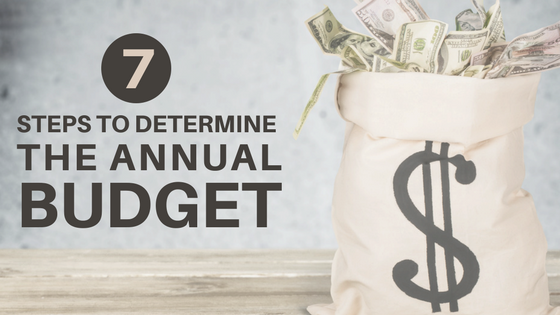Do you ever wonder what’s important to your government? There is an easy answer – just look at the budget.
While the federal and State governments get a lot of attention for the laws, regulations and policy decisions they make, it’s local governments that administer the programs and services that usually have the most direct, day-to-day impact on people’s lives. Mecklenburg County government is responsible for parks, health programs, operating the jails and much more.
Here are the seven steps the County goes through to determine the annual budget every year.

Step 1: Determine strategic priorities for the upcoming fiscal year
Step 2: Resident Budget Priorities Survey and Budget Public Hearing
Step 3: Budget Retreat
Step 4: Recommended Budget Presentation
Step 5: Public Hearing
Step 6: Straw vote
Step 7: Budget adoption
Step 1
For Mecklenburg County, the budget process starts in the fall. That’s when the Board and the County Manager determine the strategic priorities for the upcoming fiscal year (FY). Right now, we’re working on the budget for FY2020, which runs from July 1, 2019 – June 30, 2020.
Step 2
At the beginning of the calendar year, residents are provided with opportunities to share their budget priorities with the Board. In January of 2019, we administered the Resident Budget Priorities Survey and held a Budget Public Hearing for residents to come share their feedback, which was then used to develop a Recommended Budget.
Step 3
Then there is a budget retreat. It’s a multi-day event for the County Manager, department directors and other staff to meet with the Board. They discuss business matters and policy that can affect the budget. This year, some topics of discussion included:
- the 2019 property revaluation
- the County’s Capital Improvement Plan (CIP) and capital projects approved for the next five years
- the state of Mecklenburg County’s Park and Recreation Department
- Pre-K
- the economic outlook for the County
You can find a full recap of the retreat here.
Step 4
In May, the County Manager formally presents her Recommended Budget to the Board. For the FY2020 Recommended Budget, some highlights include funding for the Board’s top 5 priorities (reducing racial disparities, Meck Pre-K and early childhood education, affordable housing, mental health support, parks and greenways) and the communities priority (education).
Step 5
At this point the Board is ready to review the County Manager’s budget. As they do so, there is another budget public hearing that residents are invited to in order to voice their opinions on the Manager’s recommendations.
Step 6
After hearing from departments and County staff (at the budget retreat), the County Manager (her recommended budget) and the public (through a survey and at the public hearing), the Board holds a straw vote. This is a non-binding, unofficial vote on the budget that provides an opportunity for the Board to discuss the budget and to see if there is enough support for it or if more changes need to be made.
Step 7
Finally, the Board officially adopts the FY2020 budget. It will go into effect on July 1, 2019.
